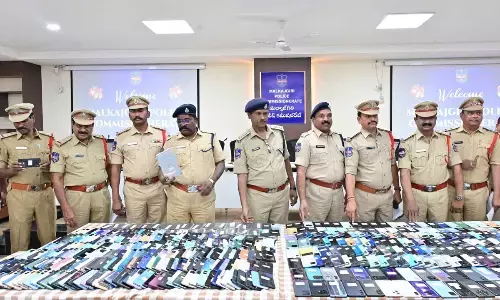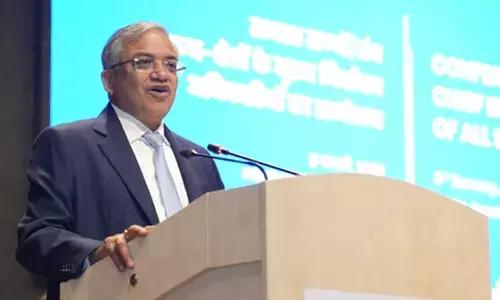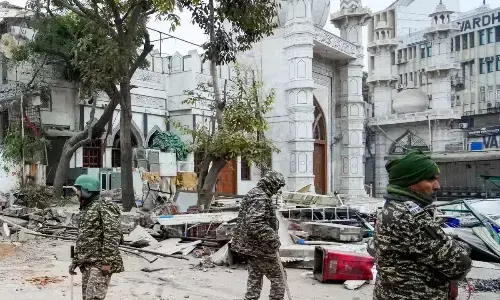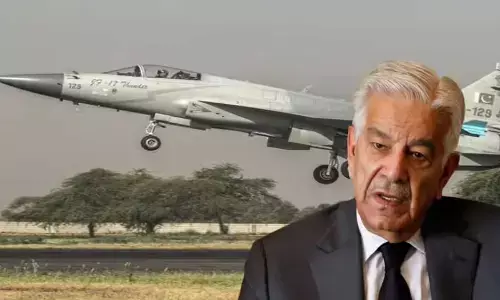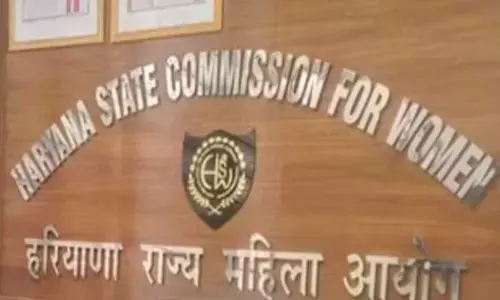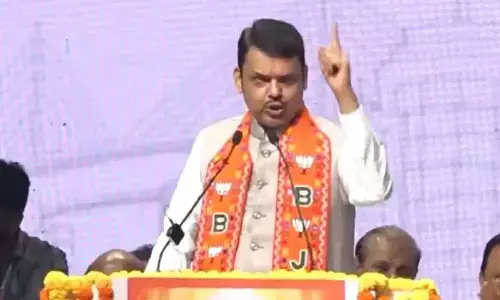UNSC victim of self-inflicted wounds of diminishing relevance: India
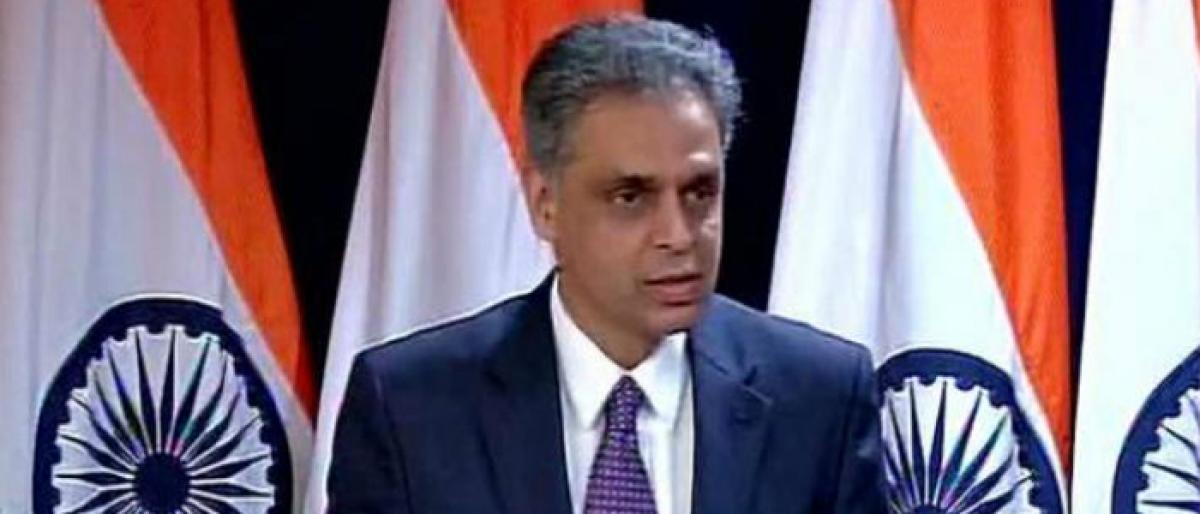
Warning that the Security Council is becoming a victim of selfinflicted wounds of diminishing relevance, India has called for united action to reform it
United Nations: Warning that the Security Council is becoming a victim of "self-inflicted wounds of diminishing relevance", India has called for united action to reform it.
India's Permanent Representative Syed Akbaruddin on Monday ridiculed attempts to prevent the reform of the Council telling the General Assembly: "We cannot pose as guardians of a status quo that does not exist."
The Council now "is all about primacy but with little purpose" and is not addressing the new challenges facing the world, he said.
He was speaking during a debate on the Secretary-General Antonio Guterres' report on the work of the organisation, which made no mention of Council reforms, a process that has stalled for decades.
"Updating the current architecture of international institutions, which are so out of sync with the modern world, is imperative if new global challenges are to be met," he said.
"Nowhere is this need for common purpose required more than in reforming the Security Council," he said, adding that this need to be done before it is too late and "the technologies of the future sharpen the conflicts of the past, while the Council remains nursing its self-inflicted wounds of diminishing relevance."
In his critique of the working of the UN, Akbaruddin said that the world body was failing to look at future risk scenarios and taking action to deal with them through "continuous attention rather than one-shot solutions."
He said: "To counter terrorism, for example, we need to establish a reliable and efficient set of controls for monitoring borders and financial flows. Such efforts will work only if appropriate standards are widely adopted and cooperation in implementing them becomes routine."
Although Guterres has set up High Level Panel on Digital Cooperation with Amandeep Singh Gill of India as the Executive Director, the UN as a whole has been found wanting in facing up to the challenges from technology, he noted.
He said: "For example, new technologies are increasingly changing the nature and dynamics of international conflict. Cyberwarfare, unmanned aerial drones, and combat robots are just three instances of technological change shaping the future of warfare and raising profound normative questions."
"Yet there is no global approach in dealing with basic issues regarding frontier technologies," he added.








